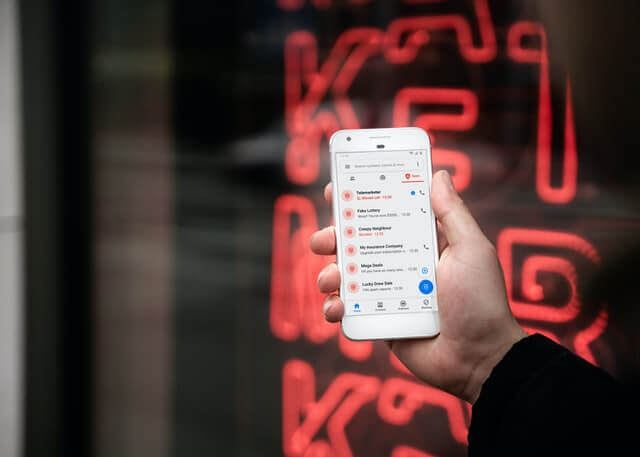
When I discuss email marketing strategies with my clients, they often tell me the same thing: “My customers don’t like getting email, they don’t want to be harassed.”
NB: This is an article from Experience Hotel
There’s a fine line between spam and email marketing. However, when we look closely, Booking is THE champion email marketer. Its booking confirmations, pre-stay emails, pre-check-in emails and offers from other nearby hotels just keep coming. But that doesn’t prevent millions of travelers from making reservations on the website, far from it.
Subscribe to our weekly newsletter and stay up to date
That’s why it’s essential to build a coherent email marketing strategy, to find the right balance. How? Why? This article will give you all the keys to optimizing the emails you send to your customers.
Email marketing for a hotel: What’s the point?
Email is an effective communication tool. But don’t confuse email marketing with transactional emails. Transactional emails target a specific recipient and focus on a transaction that is pending, has just been completed or is happening now (a booking confirmation, pre-stay email, satisfaction survey, etc.). These are two very distinct types of emails that need to be disassociated. I will be focusing on marketing emails here.
Adopting a good email marketing strategy raises the issue of loyalty, which is of fundamental importance. It’s an imperative that Booking, Tripadvisor and Expedia have taken to heart, because it has proven its worth over and over.
- It builds customer loyalty: A hotel that uses email marketing is twice as likely to see its customers return.
- It inspires word of mouth: A hotel can turn its guests into ambassadors by creating a community around its brand. If your emails are consistent, targeted and interesting, they’ll be talked about.
- Emails can bring back happy memories for your customers to make sure they don’t forget you, and remind them of your hotel’s advantages.
- On some occasions, they can even anticipate a customer’s needs. For example, if a customer regularly celebrates Mother’s Day at the hotel, anticipate their request by emailing them two months beforehand to recommend an appropriate offer.
How do I keep being a welcome sender?
Internet users often talk about “spam” and “email harassment.” There’s only one small step between a company that sends commercial emails and a company that spams its recipients. How, from a human point of view, can we avoid going to the dark side of the force? (Note: the legal side of spam is also addressed here)




